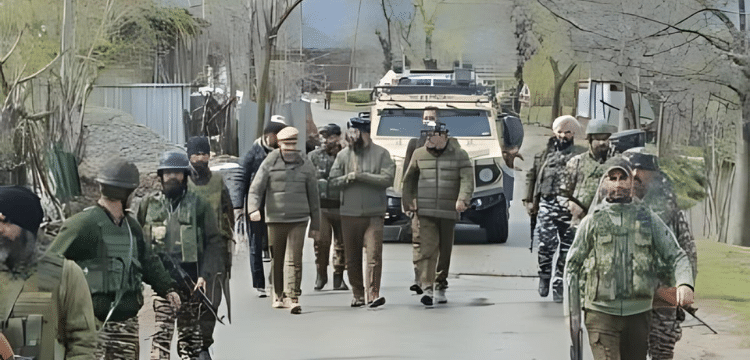The dissolution of the Jammu and Kashmir Human Rights Commission five years ago has deprived numerous Kashmiris of a crucial avenue for seeking justice. Following the Indian government’s decision to revoke Article 370 in August 2019, the region has faced increased distress and uncertainty, significantly impacting the lives of many Kashmiris.
The closure of the Human Rights Commission, which had been a beacon of hope for the oppressed in the area, occurred in the aftermath of the controversial revocation of Jammu and Kashmir’s special status. Over its 22-year existence, the Commission served as a vital institution where victims of alleged Indian military abuses could seek recourse.
Read more: Abdul Jabbar Replaces Dr Sohail Tajik as Azad Kashmir IGP
One poignant example is that of a woman who has been pursuing justice for three decades after her father was killed by Indian forces. She expresses profound despair, echoing the sentiments of numerous others who relied on the Commission for addressing injustices.
At the time of its closure, the Commission had over 3,000 pending cases, many of which were nearing resolution. The cessation of its operations has left these cases unresolved, causing deep disappointment and frustration among affected families.
Furthermore, the dissolution of other significant commissions, such as the Information Commission and the Women’s Commission, has further restricted avenues for justice and support for Kashmiris. The repercussions of these closures are profound, leaving families of many young Kashmiris, who are victims of ongoing conflict and alleged atrocities, with diminishing hope and increasing sorrow. The absence of these institutions has eliminated a vital support system in a region where human rights concerns remain contentious. As Kashmiris commemorate five years since these pivotal changes, their pleas for justice and assistance remain unaddressed, prompting doubts about the prospects for resolution and peace in the foreseeable future.











